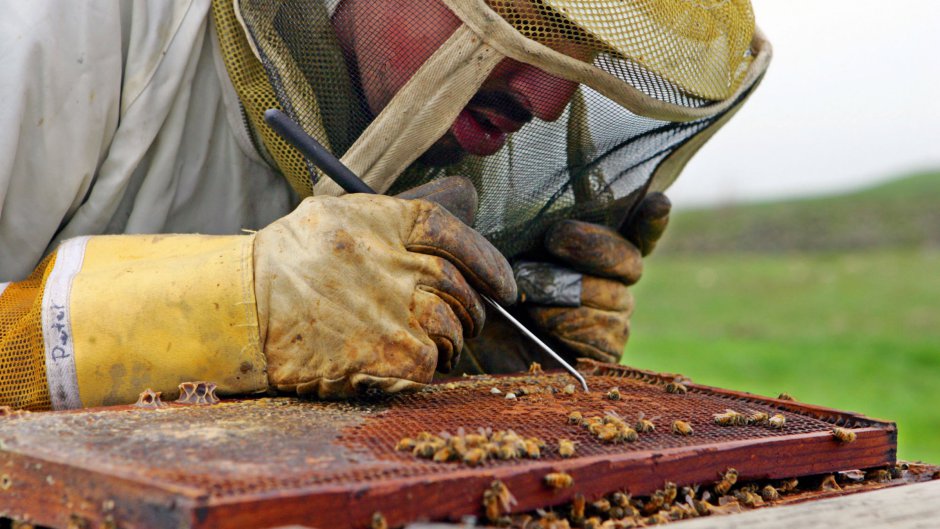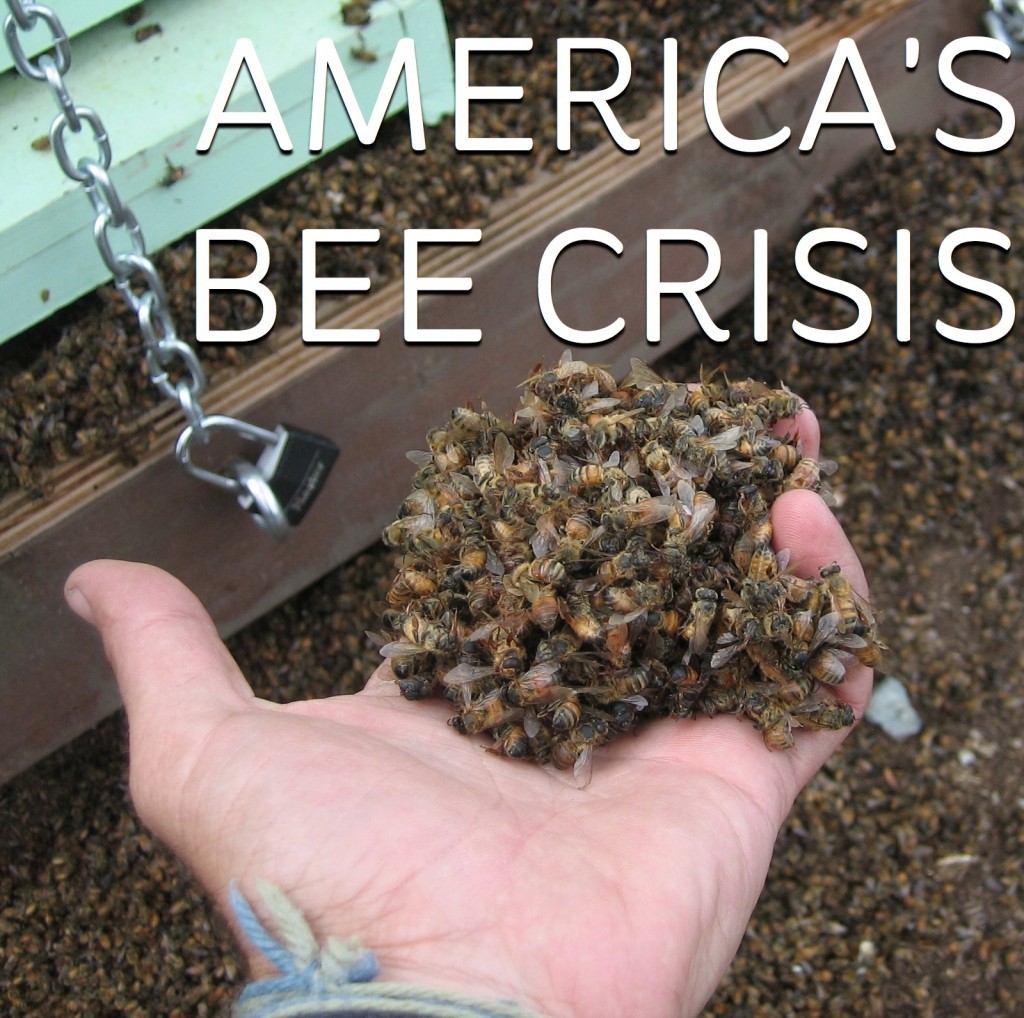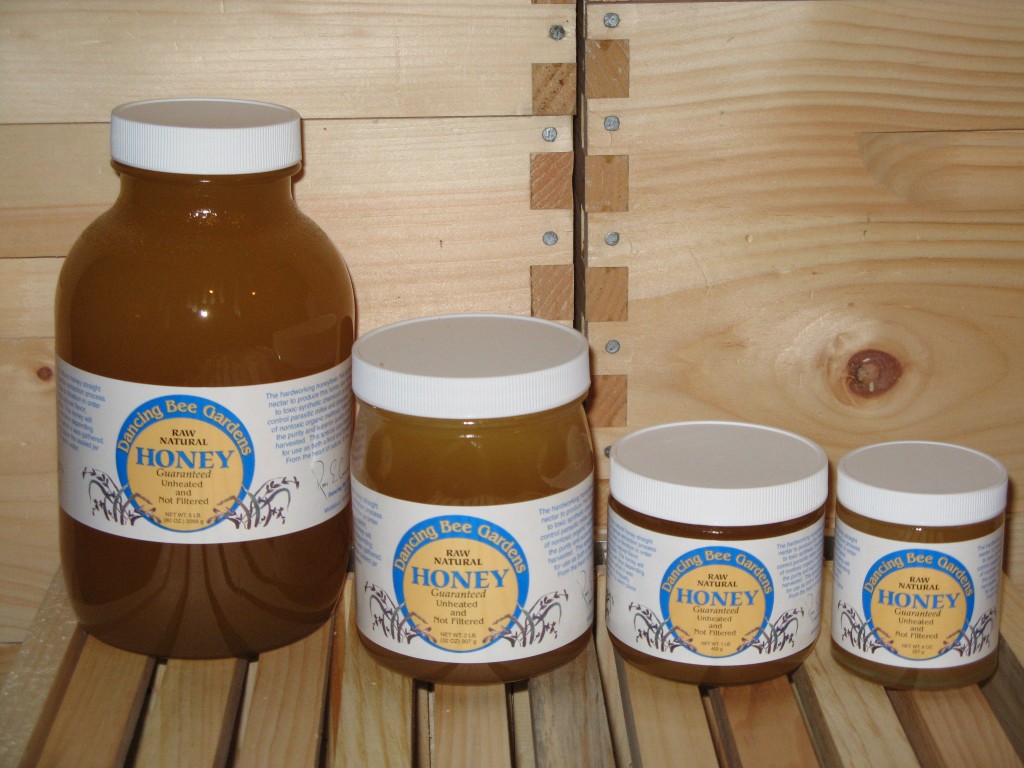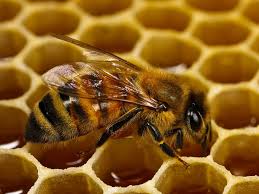Listen to Sainath Suryanarayanan, a scientist at the University of Wisconsin and co-author with Daniel Kleinman of Vanishing Bees: Science, Politics and Honeybee Health talking…

Honey bee

As we’ve written before, the mysterious mass die-off of honey bees that pollinate $30 billion worth of crops in the US has so decimated America’s apis…

The following is an excerpt from the new bookMason Bee Revolution: How the Hardest Working Bee Can Save the World One Backyard at a Time [4] by…

A national study suggests that intensive farming is perhaps the greatest danger to wild bee survival. Led by University of Vermont scientist Dr. Insu Koh,…

The first Britain-wide assessment of the value of wild flowers as food for pollinators shows that decreasing resources mirror the decline of pollinating insects. The…

A federal appeals court on Thursday overturned the U.S. Environmental Protection Agency's (EPA) approval of a controversial pesticide, saying the agency violated federal law by…

The world has been abuzz with the dramatic losses of cultivated honey bees due to colony collapse disorder1 as well as declines of native pollinator…
Biologists at UC San Diego have discovered that a tiny single-celled parasite may have a greater-than expected impact on honey bee colonies, which have been…

Yesterday, the Obama administration released its long awaited National Pollinator Health Strategy, a requirement of a presidential memorandum released last June, which directed federal agencies to establish a…

Want proof that our representatives are likely taking handouts from Syngenta, Bayer, and other Big Ag makers of bee and butterfly killing neonicotinoids? Elected representative Rodney…

Recent USDA report on the further 40% collapse in honey bee population -- what we can do about it - with Ross Conrad.

A prolonged and mysterious die-off of the nation’shoneybees, a trend worrisome both to beekeepers and to farmers who depend on the insects to pollinate their…
